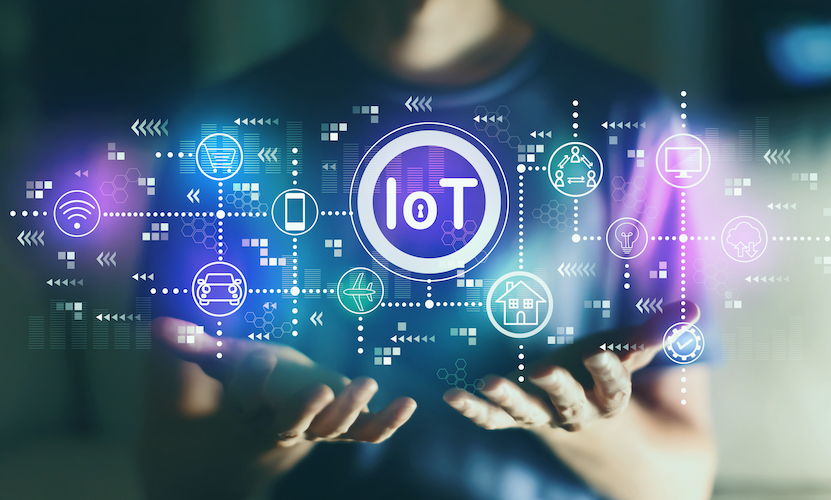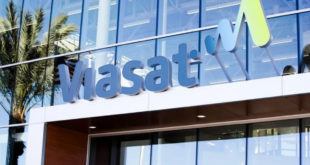
Ibadan, 28 September 2023 – Omnispace, a global mobile connectivity company, together with Viasat and Lacuna Space, have demonstrated a first-of-its-kind, global, open standards-based Internet of things (IoT) service that could pave the way for a range of IoT and direct to device (D2D) satellite services. In addition, Omnispace successfully demonstrated its non-geostationary (NGSO) IoT satellite connectivity at ‘The Things Conference’ in Amsterdam, Netherlands.
The new service offers low-power, ubiquitous connectivity worldwide for a broad range of IoT devices and markets. It utilizes LoRaWAN®, a communications protocol standard capable of bridging terrestrial networks with worldwide satellite coverage. Over the past year, Omnispace and Lacuna Space successfully tested the technology, leveraging Omnispace’s existing network assets outside of Europe.
Jay Yass, the Chief Corporate Development and Strategy Officer at Omnispace, stated, “Omnispace serves a worldwide IoT market and, with our satellite and ground infrastructure partners, have a vision to deliver seamless direct-to-device terrestrial and satellite IoT connectivity to a variety of global applications and industries.” Yass further stated, “This most recent achievement helps us to show the potential of satellite IoT service on a global scale.”
In addition, Rob Spurrett, CEO of Lacuna, stated, “We are happy to continue to advance the initiative we started with Omnispace. Together, we look forward to delivering these powerful IoT services to industries around the globe.”
Mike Kreller, SVP of Strategic Initiatives at Viasat, also commented, “We see high demand for our global satellite services across all bands, including an unprecedented opportunity for next-generation mass IoT, direct-to-device and other 5G and 6G applications we intend to deliver by satellite, for which L- and S-band are ideally suited. Collaborative trials like this are an important step to create an ecosystem of partners.”





